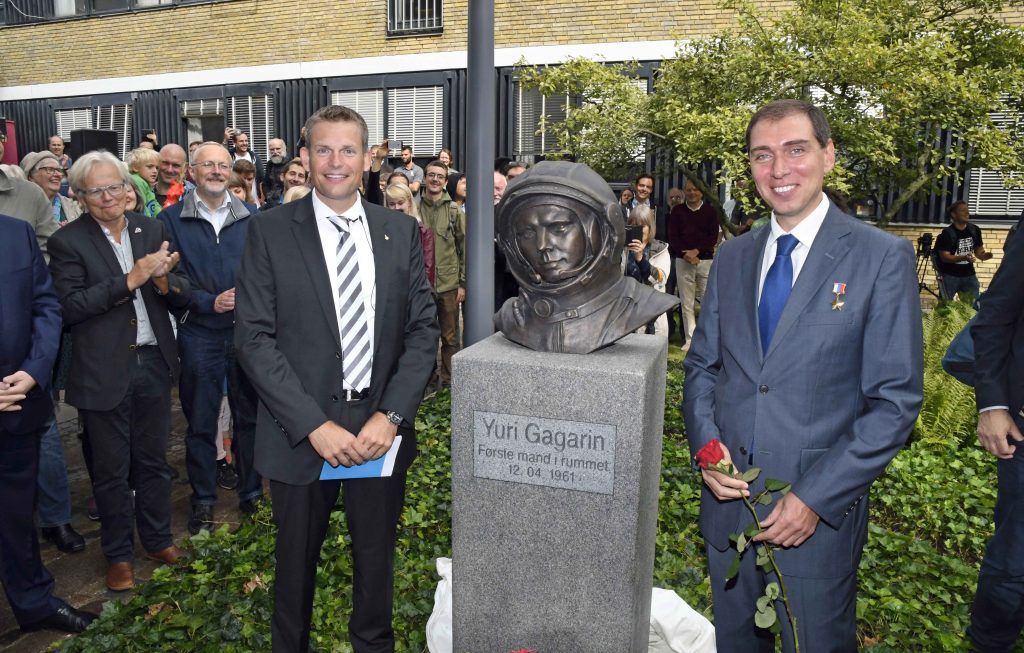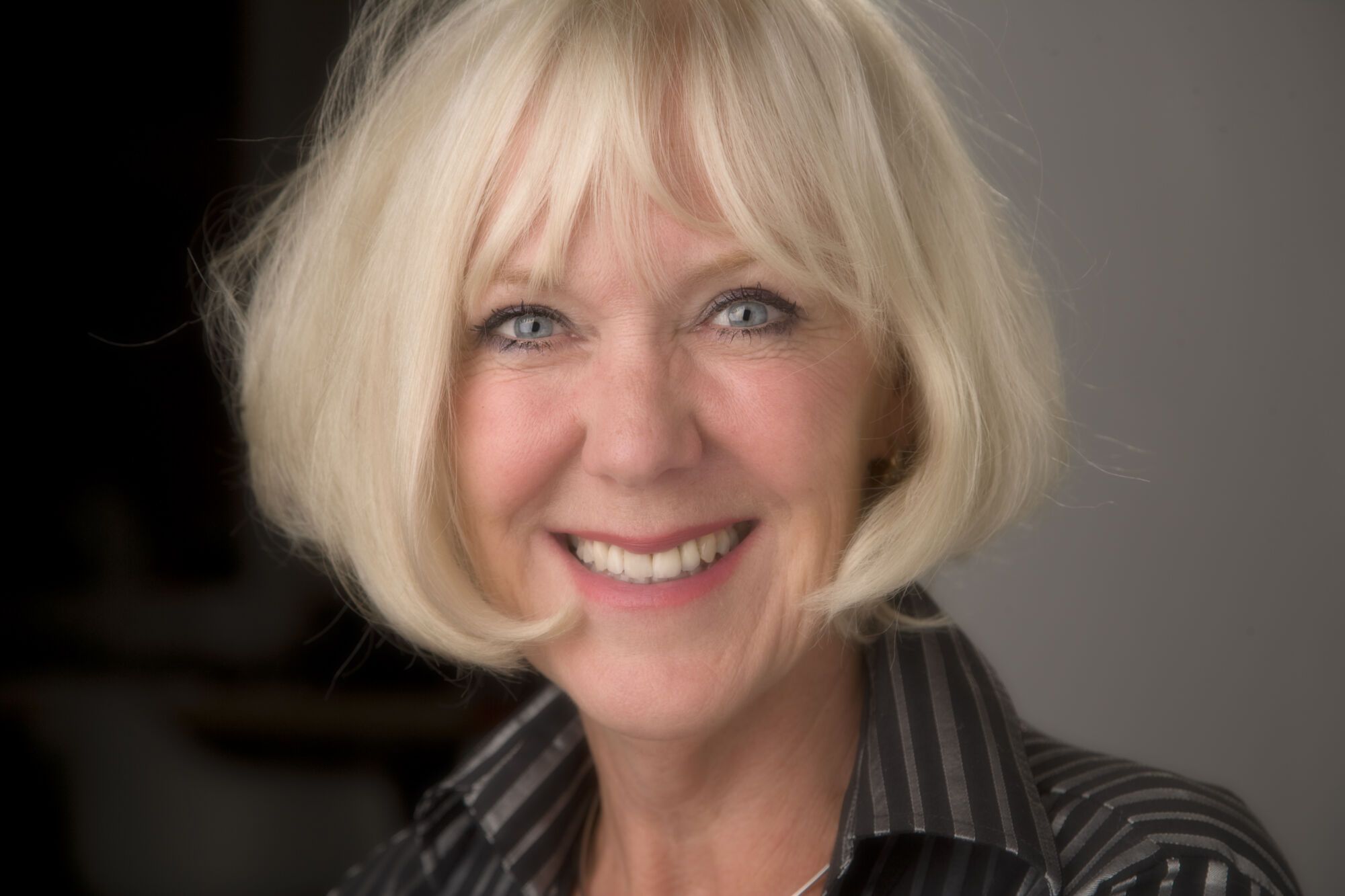Johann-Dietrich Woerner, the secretary-general of the European Space Agency, has indicated that Danish astronaut Andreas Mogensen will probably get the chance to return to space. Speaking after meeting the education and research minister, Søren Pind, in Copenhagen yesterday, Woerner told media that “all astronauts should have at least two flights, and Andreas did the perfect job the first time”. Mogensen, 40, became the first Dane in space when he spent eight days at the International Space Station in September 2015.
In love with Danish potato chips
The Brits call them crisps, the Americans chips, and now the Danes are embracing them as their new cash cow. Companies like KMC are reporting a surge in sales thanks to an increasing demand from the Asian middle-classes in countries like China and India. Additionally, more health-conscious Americans are opting for the Danish chips because they are plant-based and free of gluten and GMO.
Danish drone industry prospects soar
Plans have been announced for an 867 sq km airspace over Beldringe in Funen, the location of the HC Andersen Airport, which has been earmarked for flying and testing drones. The University of Southern Denmark believes the governmental approval will accelerate the growth of the sector, which could soon emerge as Denmark’s fastest growing industry and create between 15 and 20,000 jobs. According to Odense mayor Peter Rahbæk Juel, there has already been a great deal of interest from foreign companies interested in using the airspace.
Unis rank highly for innovation
Two Danish universities – University of Copenhagen (KU) and the Technical University of Denmark (DTU) – are the highest ranked Nordic establishments on the Reuters Top 100: Europe’s Most Innovative Universities. The pair finished 13th and 14th respectively in Europe. Topping the list for the second year running was Belgium’s KU Leuven, followed by British pair Imperial College London and Cambridge University.














